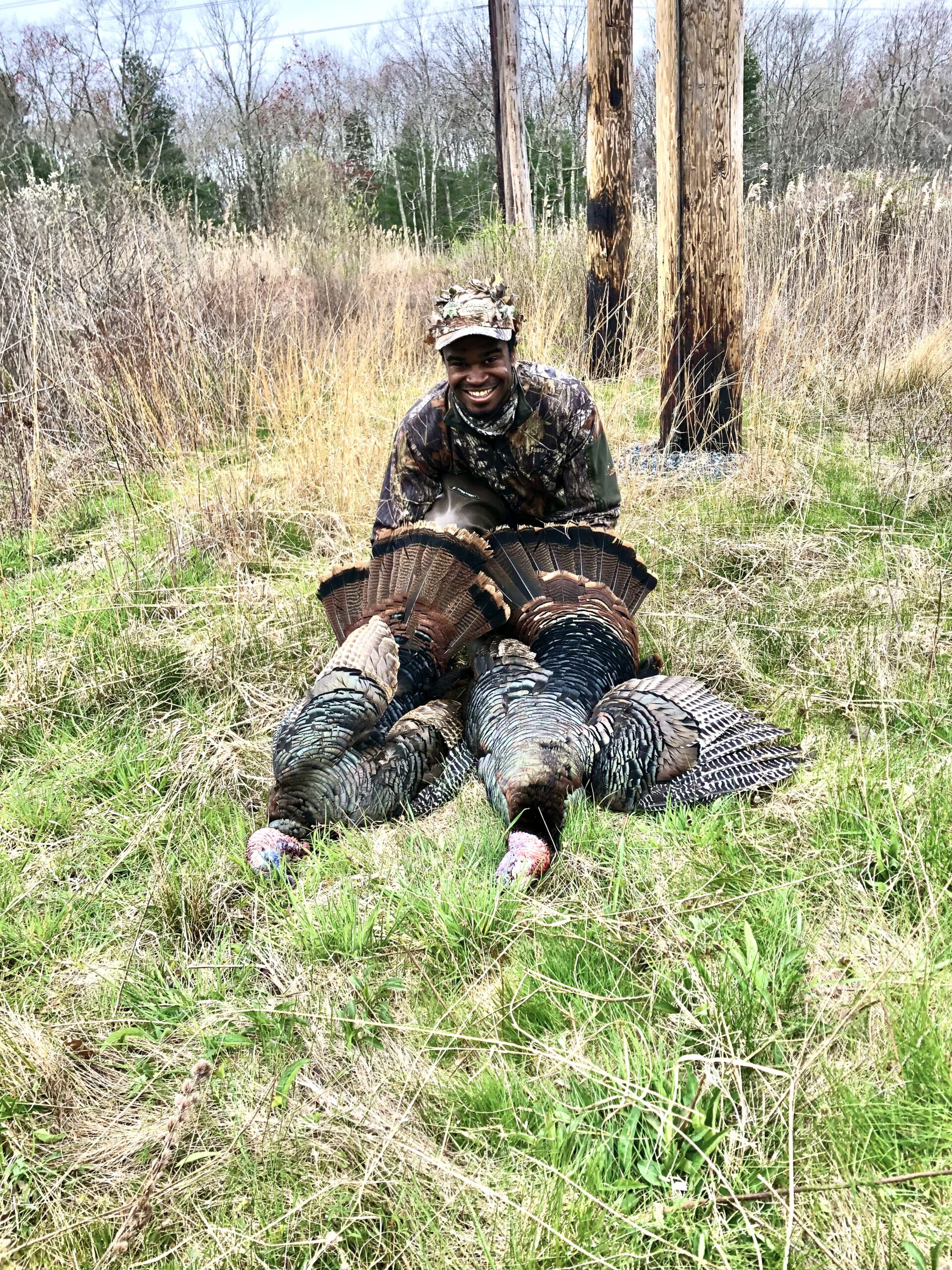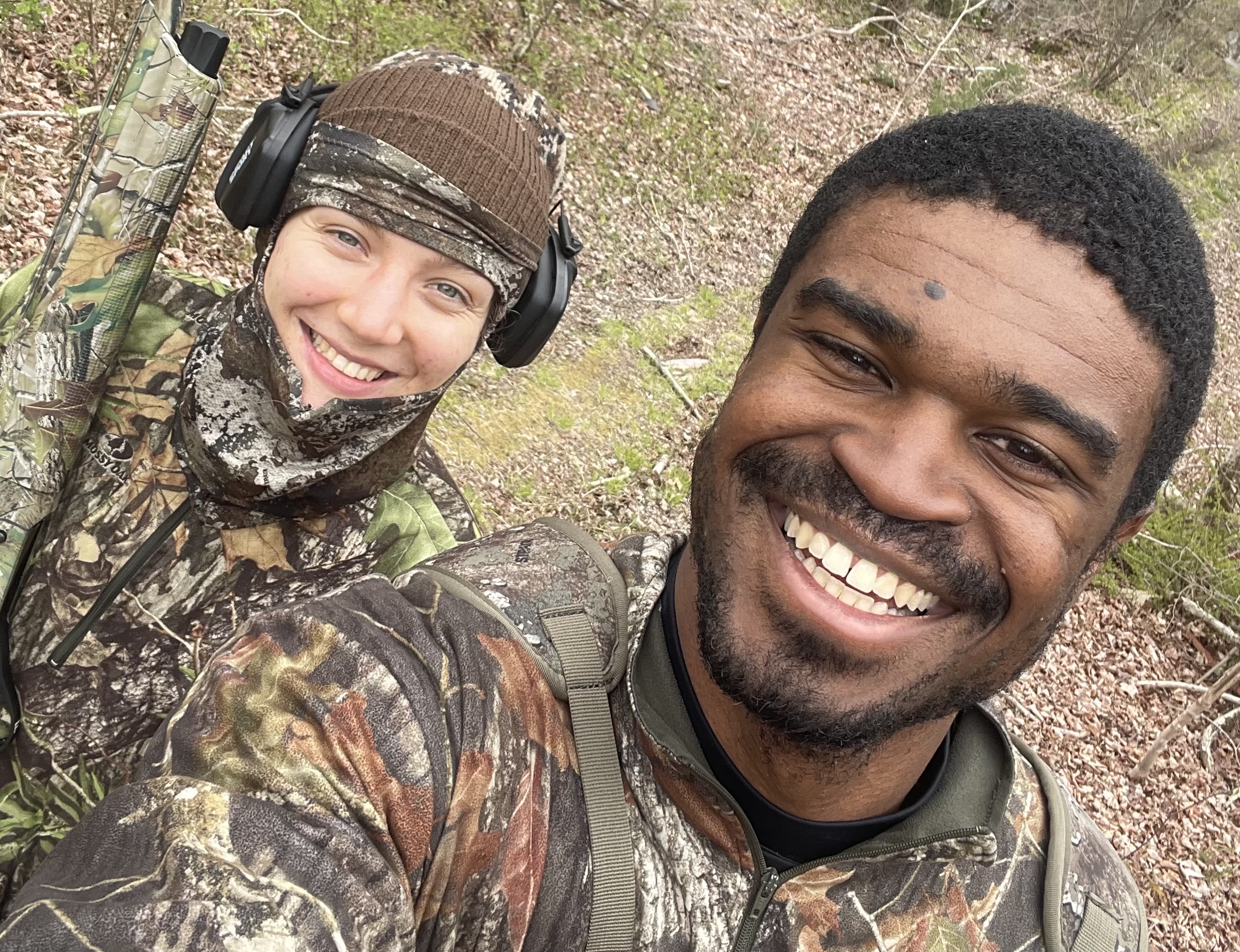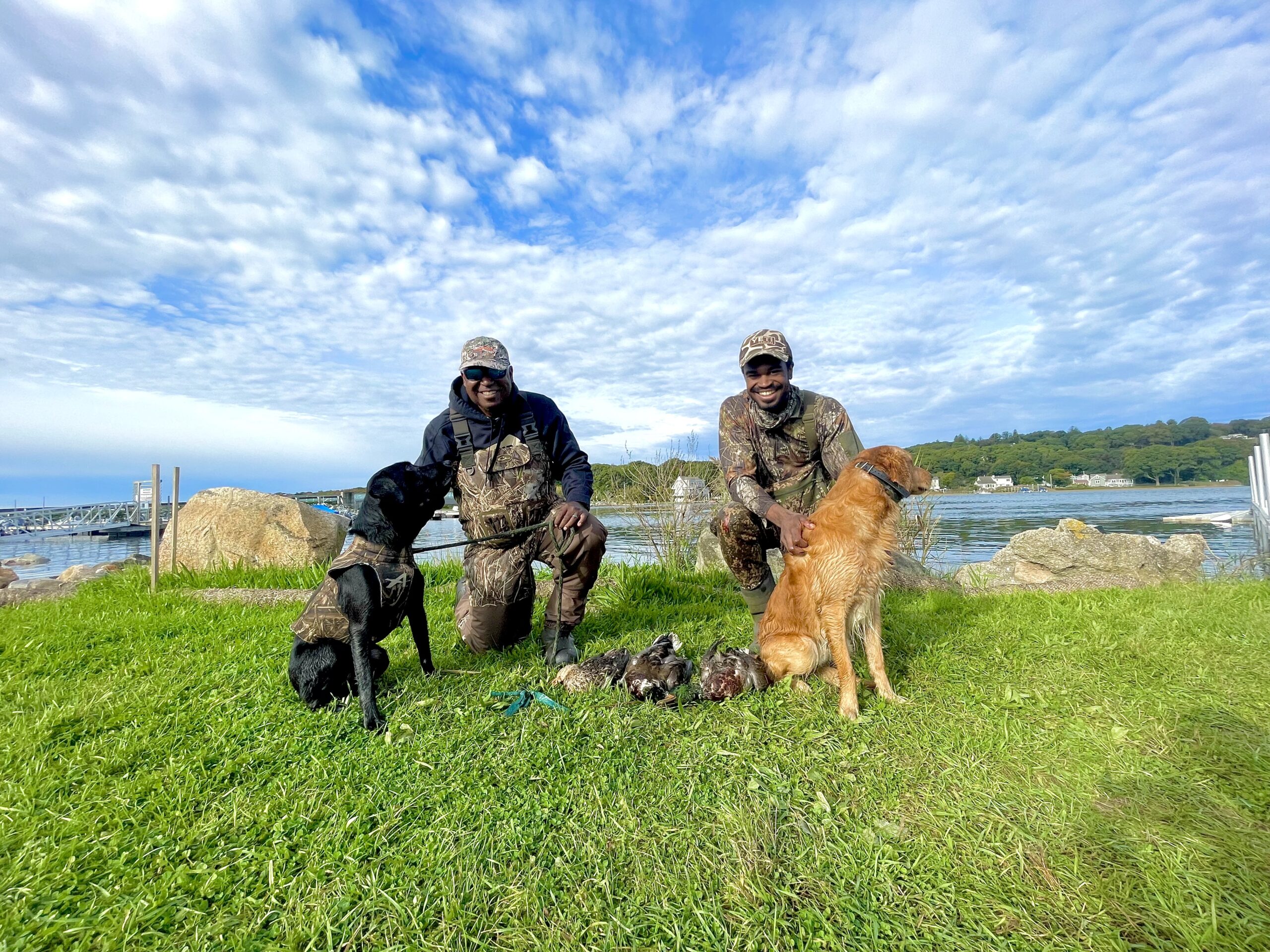*As first published on Harvesting Nature
Although I only recently began turkey hunting, it has quickly become one of my favorite hobbies. I grew up bird hunting, and always hunted over a retriever or pointer. That connection with dogs made me reluctant to take the plunge into turkey hunting but I am very glad that I did.
I was convinced to try turkey hunting by friends who shared stories of the interaction you experience as you call turkeys into your area. As a biologist, the intrigue of experiencing this animal behavior interaction was too fascinating to ignore.
Through my first few seasons, I have been fortunate enough to have been mentored by a well-experienced and fanatic turkey hunter. Through his teachings, and my observations and experiences in the field, and my own research, I have developed a list of five tips that I think are essential for first time turkey hunters to have success.
Tips
- Strategize
Would you rather run and gun or sit and wait? That is the question. Both strategies can be equally effective and generally are reflective of individual hunter personalities Running and gunning involves moving around to find birds that may be in the mood to cooperate, while sitting and waiting involves waiting for birds to come near you.
I prefer to run and gun because I like to experience as much action as possible. My favorite part of turkey hunting is the interaction with the turkeys themselves. I love to hear birds gobble and when I hear birds gobble I always feel like I have a shot, even if they are only courtesy gobbling. However, impatience can cause you to spook birds who may not be gobbling but are still working towards your calls. Even so, I would prefer to experience action and excitement by running and gunning.
- Don’t be afraid to call
Some of us new turkey callers may not feel confident in our calling abilities. I certainly did not when I started. Some of the best advice my mentor has given me to this point has been to trust my practice. The only way you can improve as a caller is to try different notes and sequences on real turkeys. I can call until I am blue in the face in my house, but until I actually try calling to a real turkey, I wont get any better. You will inevitably spook some turkeys but you will also experience successes and learn what works and what doesn’t.
- Be quiet in the bubble
I know I just told you to make sure you call, but two things can be true. When a turkey closes to a certain distance you need to be quiet. My mentor taught me that when a turkey closes between 50 and 75 yards, you are now inside their bubble and whoever vocalizes first (you or the turkey) will usually lose the battle. I have observed this in action several times. When you are sitting in thick woods and aren’t sure where a turkey may be, it can be tempting to call to try to locate the bird. However, if a bird comes this close then they are relatively committed already. Calling from this distance can scare them off. This is the time to be patient and let them give away their position.
- Scratching leaves is underrated
Turkeys naturally scratch leaves to dig up acorns, grubs, and other food. It is much easier for even the best callers to mimic the sound of scratching leaves than to mimic a live turkey. I have seen numerous indecisive turkeys convinced to come within shooting range by the sound of scratched leaves.
- Scout!
Scouting is one of the most important (not to mention fun) aspects of turkey hunting. By observing turkeys during both the morning and evening, you can discern where a flock is generally going to travel throughout the day. This can allow you to position yourself relative to where the turkeys want to be. It is always going to be easier to call turkeys in the direction they want to go rather than the opposite. You cannot kill turkeys where they aren’t, and it pays to know where they are.

Conclusion
Turkey hunting is one of the most interactive types of hunting. There are not a lot of game animals that you can literally enter into a conversation with. Turkeys also have an incredible survival instinct which makes them challenging to hunt further adding to the excitement. As with any type of hunting, turkeys take practice and experience. However, whether you have a mentor or not, the best thing you can do is hit the woods as much as possible. Give turkey hunting a shot and I trust you won’t regret it.












